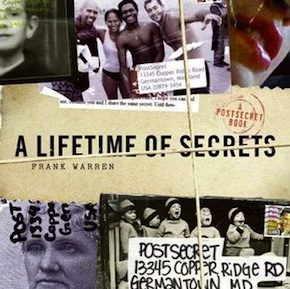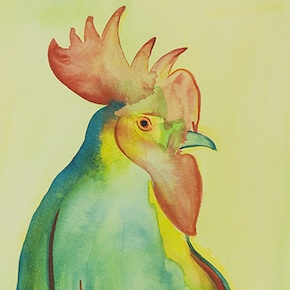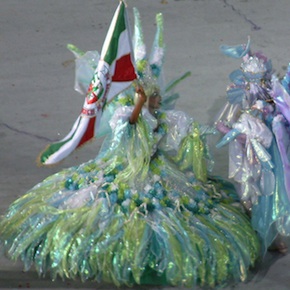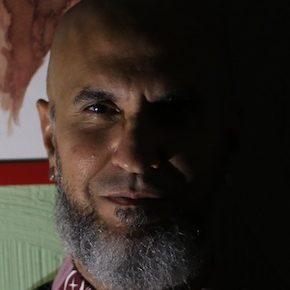
Back to that place
José went in a car with two plainclothes policemen. I went in another with the detective and a muscular man covered in tattoos. The vehicle I was in drove slowly, up the same road that a few days earlier I had travelled up on foot, clothed and intact, and on the way down, torn and...

Hector Bisi: Not just dandy
Writer and dandy Hector Bisi was born in Belém, in the Brazilian Amazon, and has donned several different hats since, working as an engineer, copywriter and modelling agent. He caused a bit of a stir some years ago with the publication of his debut novel Copacubana, which tells the tale of the owner of a...

Bad boys
Author’s note: What you’re about to read isn’t meant to be a positive or negative image or metaphor of Paris. Whether good or bad, beyond or besides all the clichés, and despite its possible arrogance, this book is meant to be Paris. One possible September Beau Patrick returned. Paris wasn’t there anymore. A year...

Coming in and going out
Plague diary, 29 March 2020. I’m reading about one of the biggest icebergs in history, “a tabular iceberg” in Antarctica, which was “more than 31,000 km2”. “Significantly larger than Belgium,” they add. I read that another giant iceberg, a sort of island 61 metres thick, “took seventeen years to be mapped.” I start studying bunkers,...

Every animal has its own madness
Plague diary, 25 March 2020. Sometimes, in the terrible world, people open their front doors just slightly and spit as foreigners pass. Foreign, I’m told, in one of the Slavic languages, means mute. Whoever does not speak my language, is mute. Whoever does not have my history, is mute. “Virus detected in the sewers in...

Blossoming on
Originally published in 1968, My Sweet Orange Tree is a Brazilian classic and one of the country’s bestselling novels of all time, adopted by schools and adapted for cinema, television and the stage. It has also been translated into nineteen languages and continues to be very popular in countries all over the world today. It...

Disquiet revisited
Fernando Pessoa’s life divides neatly into three periods. In a letter to the British Journal of Astrology dated 8 February 1918, he wrote that there were only two dates he remembered with absolute precision: 13 July 1893, the date of his father’s death from TB when Pessoa was only five; and 30 December 1895, the...






